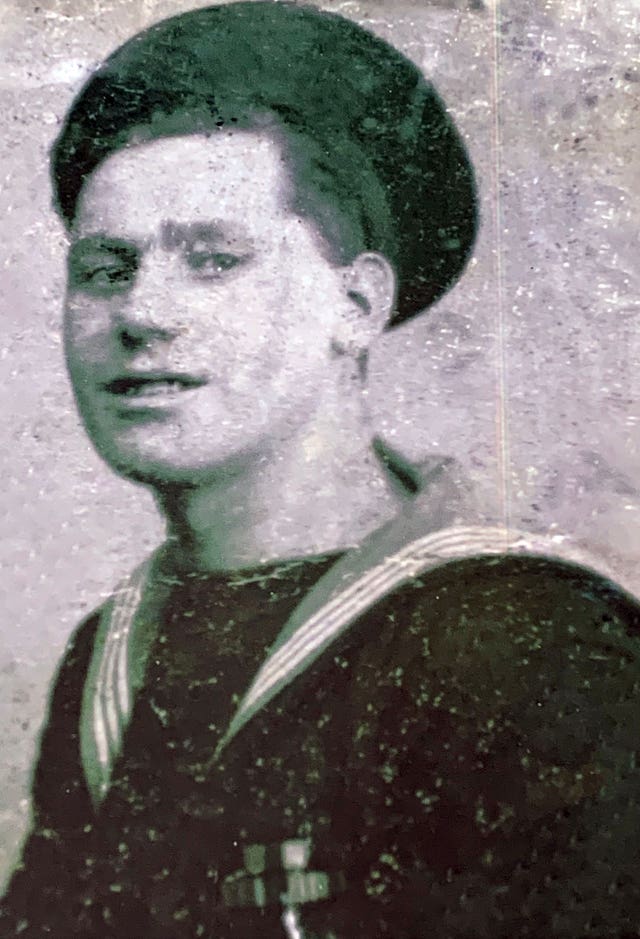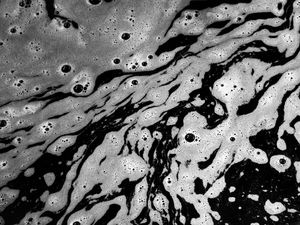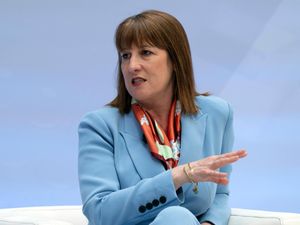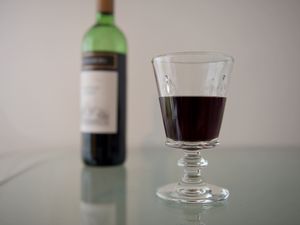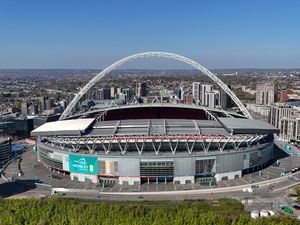Tributes paid to ‘proud’ veteran who died before marking VJ Day
His family said he will be sorely missed.
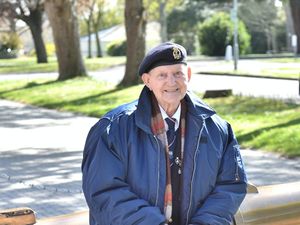
The family of a Second World War veteran who died just days before this year’s Victory in Japan (VJ) Day have said he will be “sorely missed”.
Richard Edser, 94, from Harlow in Essex, survived kamikaze attacks on board the HMS Formidable aircraft carrier during his service in East Asia.
Signing up aged just 17, his training and military career took him around the world, including to Belfast, Norway, Gibraltar and the Pacific.
After his death on August 12, his children Bernard Edser and Madeline Couchman said in a statement: “We know how much Dad would have liked to have been present at the VJ Day 75 celebrations if they had been allowed to take place this year.
“Events like these kept him going, he was very proud of being in the Navy and being connected to the forces.
“Right up until the end he liked to be well groomed and smart, appearances mattered to him, he was a very proud man who will be sorely missed.”
